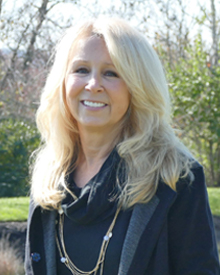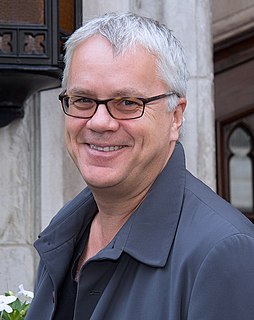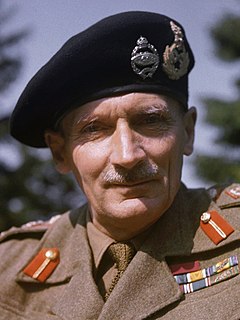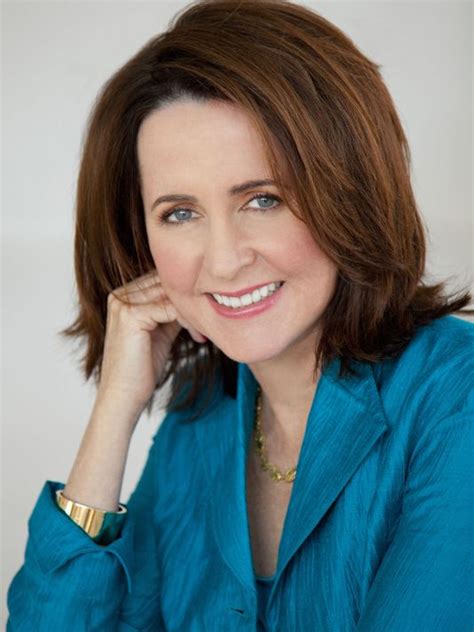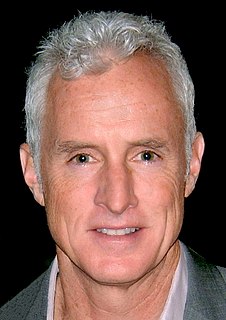A Quote by Kristin Nelson
Cliché openings in fantasy can include an opening scene set in a battle (and my peeve is that I don’t know any of the characters yet so why should I care about this battle) or with a pastoral scene where the protagonist is gathering herbs (I didn’t realize how common this is).
Related Quotes
My final words of advice to you are educate, agitate and organize; have faith in yourself. With justice on our side I do not see how we can loose our battle. The battle to me is a matter of joy. The battle is in the fullest sense spiritual. There is nothing material or social in it. For ours is a battle not for wealth or for power. It is battle for freedom. It is the battle of reclamation of human personality.
have a much harder time writing stories than novels. I need the expansiveness of a novel and the propulsive energy it provides. When I think about scene - and when I teach scene writing - I'm thinking about questions. What questions are raised by a scene? What questions are answered? What questions persist from scene to scene to scene?
I read Herman Hesse's 'Siddhartha' while I was writing 'Lord of Light' along with many other things. It seemed a good time to read it so I could see what he had to say about Buddha. In my first chapter, I was thinking in terms of the big battle scene in the 'Mahabarata.' It helped me in visualizing the battle in my novel.
The acting background helped a lot when I started writing. I was training for it. In acting class they teach you about the stakes in a scene (and) what motivates characters. When you bring a scene to class - as an actor with your scene partner - you have to do everything. There's no producer, set decorator or anything like that. You and you partner have to do everything and that's kind of like facing the blank page as a writer.
I don't think that any scene [in Pineapple Express] is word for word how you'd find it in the script. Some of it was much more loose than others. The last scene with me, Danny [McBride] and James [Franko] in the diner - there was never even a script for that scene. Usually we write something, but for that scene we literally wrote nothing.

